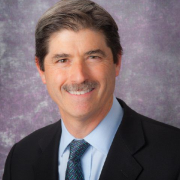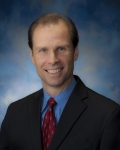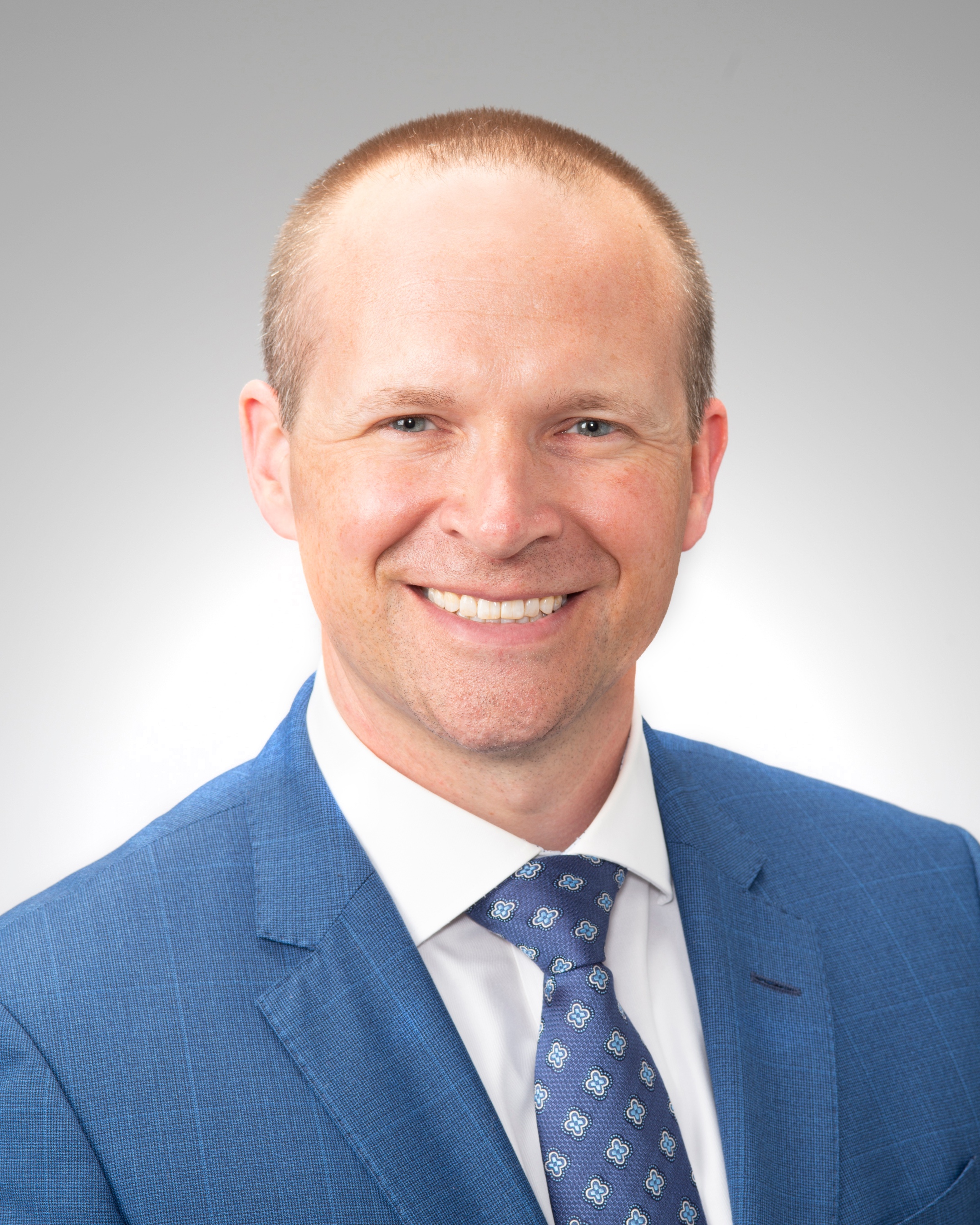 |
|
 |
 |
|
Mark E. Baratz, MD Program Director, Hand Fellowship Program |
|
Robert J. Goitz, MD Associate Program Director |
John R. Fowler, MD Associate Program Director |
The University of Pittsburgh Hand and Upper Extremity experience offers fellows training in both skeletal and soft tissue aspects of hand surgery, including microsurgery. Trainees will attend weekly hand conferences, didactic lectures, and Journal Clubs. The fellowship offers six (6) positions. We accept applications to interview for positions available through the National Resident Match Program. The deadline for receiving applications is November 15. Matched candidates will have the opportunity to be trained by eight (8) full time faculty members and perform surgical procedures in outpatient surgery centers and complex upper extremity reconstruction and microsurgical procedures at the University of Pittsburgh Medical Center. The faculty members include Mark E. Baratz, MD, Program Director, Joseph E. lmbriglia, MD, Glenn A. Buterbaugh, MD, Robert J. Goitz, MD, Robert A. Kaufmann, MD, Dean Sotereanos, MD, Christopher Schmidt, MD, Thomas Hughes, MD, John Fowler, MD, and Jennifer D'Auria, MD. All physicians have Certificates of Added Qualifications in hand surgery or are eligible for the CAQ.
Over the 12-month fellowship-training period, experience and responsibility are gradually increased and by the end of the program each fellows is comfortable and competent in all areas of shoulder, elbow and hand surgery, and microsurgical techniques.
Duration and Scope
The University of Pittsburgh Orthopaedic Surgery Hand Program is a one-year, ACGME accredited hand surgery fellowship program. Prerequisite resident education must be completed in a general surgery, orthopaedic surgery, or plastic surgery program accredited by the Accreditation Council for Graduate Medical Education (ACGME) or the Royal College of Physicians and Surgeons of Canada.
Program Overview
The goal of the fellowship program is to provide exceptional educational and clinical experience for the fellows to acquire expertise in surgery of the hand and upper extremity, as well as microvascular surgery.
The educational methods extend from hands-on participation and initial management of the patient through follow-up care, rehabilitation, and the evaluation of long term results. The hand fellow participates in the attending physicians’ offices and in the operating rooms. Clinical experience includes opportunities for the fellows to observe and manage patients of all ages with a wide variety of disorders of the upper extremity as well as to learn the effectiveness of the therapeutic programs. The program is structured to develop diagnostic and technical skills essential to the performance of hand surgery. This fellowship provides basic and advanced training and education as well as personal operative experience to ensure a qualified surgeon within this specialty field. Diagnostic skills, the development and execution of treatment plans, rehabilitation, and follow-up evaluations are emphasized in the following areas: trauma, congenital disorders, infections, metabolic disorders, neoplasm, vascular disorders, and degenerative and rheumatologic disorders.
The hand fellowship conference schedule is part of the overall residency/fellowship programs at the University of Pittsburgh, and involves participation of all the teaching staff. Currently, four three-hour sessions for education are given to cover the core didactic curriculum for hand surgery. In addition, a weekly conference takes place during which the fellows and residents participate in presenting cases, where the entire faculty as well as fellows and residents discuss indications and surgical techniques. A bioskills lab is also held weekly where fellows practice technical surgical skills that are essential to the performance of hand and upper extremity surgery.
The program director and faculty are committed to scientific inquiry and scholarly pursuit, and strive to foster a nurturing environment. The fellows in the program are given the opportunity to engage in scientific investigation.
Upon completion of their training, fellows will have demonstrated sufficient professional ability to practice competently and independently in the field of hand and upper extremity surgery.
Note: The Hand Fellowship Curriculum has been written to address the goals and objective of the hand fellowship so that it specifically addresses the six core competencies:
1. Medical knowledge
2. Patient care
3. Practice based learning and improvement
4. Interpersonal and communication skills
5. Systems based practice
6. Professionalism
Application Process for the Hand Surgery Fellowship
Applications for the Hand Surgery Fellowship beginning August 1 of each calendar year will be accepted from September through November 15. You will need to register with the NRMP for the Combined Musculoskeletal Matching Program (CMMP).
Please submit the following information with your application packet:
• Completed universal hand fellowship application
• Personal statement
• Curriculum vitae
• Transcript
• Copy of USMLE Step I, II and III scores
• Three letters of recommendation, including one from your program director
• Email address

